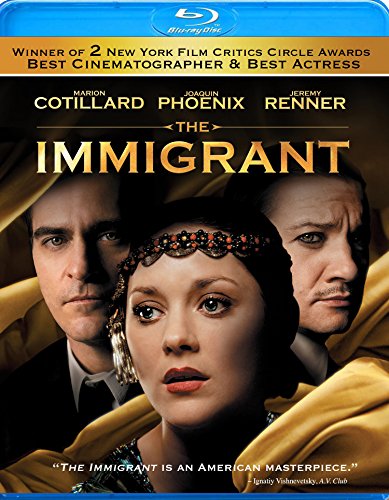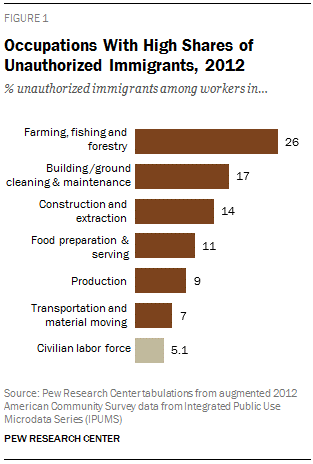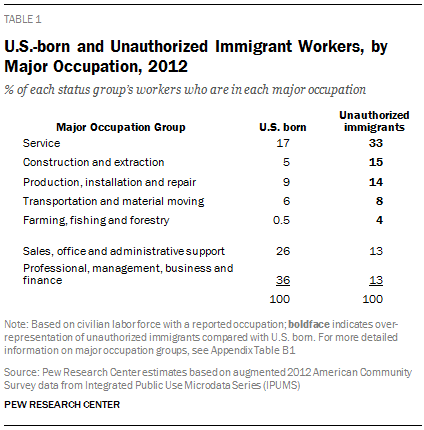Moroccan immigrant Ali Hajjaji’s business plan fills a notebook. But his back-of-a-napkin version is just a rectangle labeled “hub” and a handful of lines representing “stores” and “pick up points.”
A master of cellphone repair, Hajjaji, 37, came to America in 2010 with a green card he won in the State Department’s diversity lottery. He has worked for resellers and retailers, including RadioShack.
Two months ago, he opened iSmartTech, his South Ninth Street shop amid the bump and bustle of the Italian Market, where broken phones are as common as cabbage.
Now he hopes to hone his expansion plan, thanks to the “Philadelphia Immigrant Innovation Hub,” a new Knight Foundation-funded start-up that was awarded $261,500 last week.
“If it is possible, I will do it,” Hajjaji said, evincing the grit of a man accustomed to 16-hour workdays.
The Hub, which will occupy a rehabbed former post office at 6700 Germantown Ave., is a joint venture of the Welcoming Center for New Pennsylvanians, which offers language and job-readiness training for immigrants; Mt. Airy USA, a community development group; and Finanta, a nontraditional lender in Kensington.
Their grant-winning proposal seeks to “harness the energy of immigrant entrepreneurs” and revitalize parts of Mount Airy by offering subsidized office space, language assistance, technical training, and access to capital.
“If you look at the census data on East and West Mount Airy for 2010, we had pretty significant population loss,” said Anuj Gupta, director of Mt. Airy USA, the nonprofit residents established in 1980 to counter blight on Germantown Avenue.
Though the city’s overall population grew 0.6 percent, the population within the area of Mount Airy bounded by Cresheim Valley Road, Washington Lane, Wissahickon Avenue, and Stenton Avenue declined 7 percent, an Inquirer analysis of the census data showed.
The communities of Mount Airy have much to offer in terms of livability and affordability, said Gupta. So why, when Philadelphia started adding population after decades of decline, was Mount Airy left out of the party?
“One of the primary drivers of Philadelphia’s population growth in the past eight years has been immigrants,” Gupta said. “But [Mount Airy] isn’t getting those immigrants, either as business owners or residents. If we want access to that population pipeline, we need to be part of the larger city’s dynamic.”
Though Mount Airy has some Latino- and Asian-owned businesses, he said, “we don’t see a clustering or concentration coming out of that. Nor have we seen much refugee resettlement up here.”
Put to the test
Striving to turn that around, the groups pitched their idea to the Knight Foundation’s Knight Cities Challenge, which this year provided $5 million to 32 projects from among 7,000 proposals nationwide. Including the Hub, Philadelphia had seven winners.
“If we give immigrant entrepreneurs reasons to come up here – affordable space, programming, linkage to capital,” said Gupta, “can we simultaneously sell them on the neighborhood? Have we convinced them to start businesses here, to live here, or both? . . . That’s the hypothesis we want to test.”
An 18-month pilot project, the Hub expects to open in late summer or early fall. It will offer subsidized, flexible, incubator-style space to approximately 60 entrepreneurs. The Knight funding supports the programming for immigrant entrepreneurs, said Gupta, but anyone can start a business there and benefit from the reduced rents.
Sameer Khetan, Finanta’s director of development, said his organization’s goal was to increase access to borrowing for largely low-income, minority, and immigrant populations. “We fill a gap in the market for individuals who just can’t get financing from traditional banks for a variety of reasons, like lack of assets, collateral, or credit score,” he said.
He anticipates Finanta’s loans to future Hub tenants will be for working capital less than $50,000.
Like Mt. Airy USA, Finanta will scrutinize the impact of its lending on the area’s residential areas and business corridors.
Finanta has helped revitalize parts of Woodland Avenue in Southwest Philadelphia by lending to businesses started mostly by West African immigrants. In making Mount Airy a magnet for immigrant entrepreneurs of all ethnicities, he said, Finanta hopes to replicate that success.
The lender will evaluate the social experiment by counting how many new businesses the Hub brings to the area and the number of “loans to existing [Finanta] clients who opt to do business or locate in Mount Airy in some capacity,” even if it’s only a food truck that brings new business in during the day.
Up the game
Herman Nyamunga, the Welcoming Center’s director of business development, came to the United States from Kenya 10 years ago. He will be in charge of Hub workshops and seminars designed to “up the game” of the immigrant entrepreneurs, he said.
Nyamunga met Hajjaji, the cellphone master technician, through a program of the Welcoming Center and was immediately impressed with his market research.
When the Hub is ready for its first group of entrepreneurs, Nyamunga said, he will happily refer the Moroccan man.
As an immigrant and former owner of a cleaning company and an import-export firm, Nyamunga knows the challenges immigrant entrepreneurs face.
“We will be helping people transition from an idea to a viable business,” he said, “and minimizing the cost of that transition” through Hub economies of scale.
The Knight Foundation made grants, from $20,000 to $297,000, to six other initiatives in Philadelphia, including projects to enhance city pools, vacant spaces, polling places, and schoolyards.
215-854-2541
@MichaelMatza1
Source Article from http://www.philly.com/inquirer/front_page/20150406_Start-up_to_energize_immigrant_entrepreneurs.html
Start-up to energize immigrant entrepreneurs
http://www.philly.com/inquirer/front_page/20150406_Start-up_to_energize_immigrant_entrepreneurs.html
http://news.search.yahoo.com/news/rss?p=immigrant
immigrant – Yahoo News Search Results
immigrant – Yahoo News Search Results



